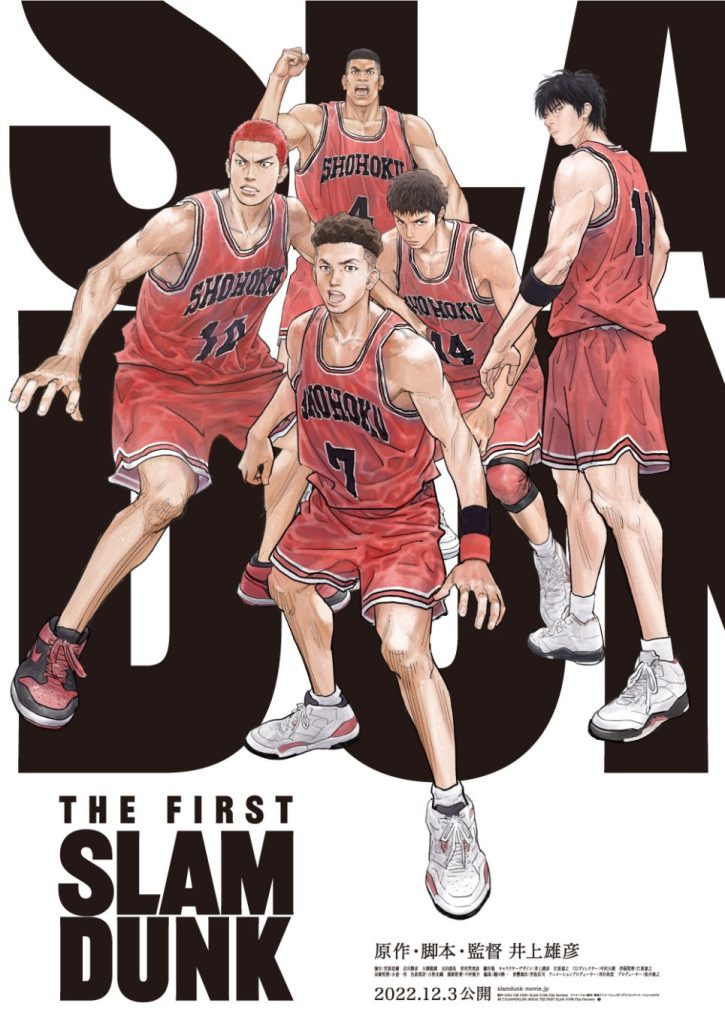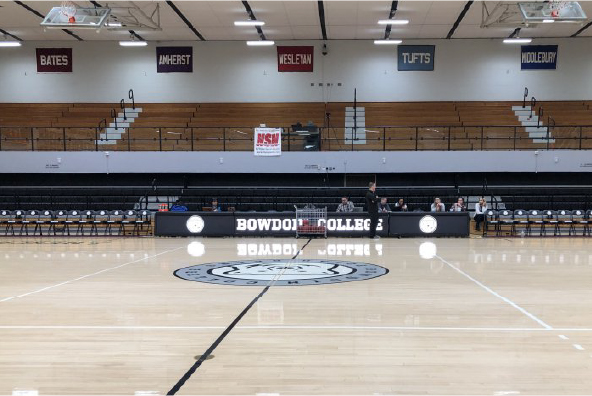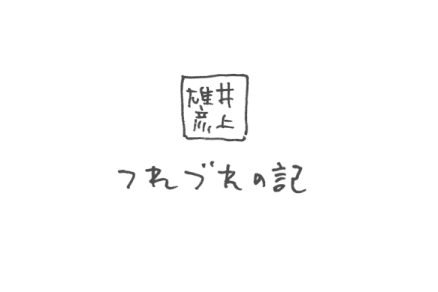
The Offense Machine and Japanese Basketball
I interviewed Yokohama B-Corsair’s SG Takuya Kawamura the other day.
(The aricle can be found here: http://www.asahi.com/articles/ASJCJ6T93JCJUTQP02D.html )
Takuya Kawamura talks a lot. Of all the people I’ve interviewed, he ranks third on the list for how much he talked on average. And he’s frank. He is probably frank with himself beause he wants to communicate, to express what he thinks and to do so without misunderstanding. And because he’s frank, he gets hit with all the strong headwinds. His foundation as an ahtlete and as a person, is the three years he spent with OSG Phoenix (now the SAN-EN NeoPhoenix) which he joined as a professional basketball player straight out of high school (an extreme rarity). He mentioned that he felt lonely and had to deal with the stiff winds with a strong unwavering confidence as the only person to skip college amidst everyone who had played college basketball. In those three years, while his classmates were still going to college, he entered the adult world and an environment where he was forced to mature and jumped ahead a couple steps. I’d guess that whether he realized it or not, he chose the path he took because he wanted to be different from others, he wanted to become a special athlete. I asked him about why he chose to skip college and go straight to the pros.
Kawamura: (OSG’s) Head coach (at the time) Kazuo Nakamura knew my high school coach from way back. He visited our team before InterHigh in my junior year and jokingly asked if I wouldn’t come play for him after graduation, and that turned into a real formal offer after the Winter Cup of my junior year. Hearing that before summer, it became my motivation. That was the opportunity that took the only option I had — to go to college — and got me to consider whether I could turn pro, to enter the, at the time, Japan League. Going to college did not once enter my mind after my junior year of high school.
Inoue: Wasn’t a part of that because you did not want to do the same thing as what others were doing?
Kawamura: Yes. I think that’s part of my character.
Inoue: To do things that haven’t been done before. I wonder if that’s not what lights a fire under you.
Kawamura: That’s certainly true. At the time, I didn’t know the history or if anyone else had gone in straight from high school, but at the same time if you had said that I would go to college, to a great college and that I would be invited to, that wasn’t quite right either. At the time, it caused my high school head to spin. Because going to college was the normal thing to do. But, even now, I want to stand out for being diferent than others, or maybe I want to leave results behind. Unbenknownst to me, I had those feelings hiding somewhere inside. Even as a high school student, as I decided my path forward, I made a decision true to myself.
Everyone wants to be a good athlete. Takuya Kawamura habitually strives to be a good athlete and also something more special on top of that. That was my impression of him.
A pro wrestler wrestles to the fans. Takuya Kawamura plays basktetball to the fans. He says that Shaq is a player he likes. For Takuya Kawamura, a shooter, to bring up the gigantic center Shaquille O’Neal feels strange, but when I consider that Shaq was one of the biggest entertainers in history I can understand. You can see what Kawamura believes is important by his choice of Shaq instead of Ray Allen, Reggie Miller or Steph Curry. He is constantly trying to influence the mood in the stands. He watches everything. Whether the fans are bored. Whether it has become hard to understand how to enjoy things. Whether the mood has gone flat. At those times, he will show a richness of passion by reacting wildly in a “you’ve got to be kidding me” response to a referee’s call, or being slow to get up after foul. He has a smile on his face during those times. “Basketball is fun” is the message that I can read from him. And then he will be an “offense machine” by making his 3 pointers. His ability to see ting left a stronger impression than the number of baskets he makes. That’s because he can make them when he decides he want one. He has the dual ability to see the entire arena, and to focus down to a single nerve at the tip of a finger. He’s got the competitiveness of a 12 year pro, and is still going strong.
Lastly, about his ego.
Inoue: At the end of a match, there are times when you have to decide who will take the last shot. For those times, I don’t think that you can rely on players who fold away their ego too quickly. In those important situations I don’t think that you can leave it to somebody who doesn’t have the ego to always believe that they are the best. So I don’t think having an ego is a bad thing. It’s an important attribute, especially in the sports world. I feel that Japan is somewhat lacking in that. Aren’t we too quick to say that “ego is bad”? I think that you can criticize yourself after you becoming stronger, but I feel that it is too soon for that. So I actally like a player like you, Kawamura, who has been labaled as self centered within Japanese basketball. I feel that being able to see that makes you more reliable.
Kawamura: There are many players who could be great if they were more passionate and could break out of their shell. I can’t judge other players, but there are players who I think could become really good if they were a little more aggressive.
This thing that Japanese basketball needs to overcome is also something that I feel is shared by society in general. I don’t know when it started, but it has become a trend to make people hesitate from stating opinions that differ from others by saying things like “be aware of the situation”. For a long time, Japanese society has been one where peer pressure is strong, but I wonder if we can overcome the trend where everyone beats down the nail that sticks out or tries to get in the way. I’d like to clearly differentiate between just beiing selfish, and justified self assertion. The discipline of an organization is important, and is the strength of Japan. But wouldn’t everything be stronger if that discipline was layered on top of a non-atrophied, growing individualism? Having individual opinions collide is what can make 1 + 1 greater than 2 and a team stronger. I have to believe that having different opinions mix will give rise to a better goal to pursue than each individually could. “Harmony is to be valued” is part of the Seventeen-article Constitution of Prince Shotoku, but I think that it was trying to express the general consensus that they should not decay into a society where people can’t say anything but should instead trust in each other and voice their opinions and strive for a better society. “Harmony” is when people who naturally have individually different opinions voice them and come to a friendly agreement. Not that everyone should be the same.
…..
It looks like I’ve gone way off topic. But my interview with Kawamura gave me the chance to idly think about how what Japanese basketball needs to overcome, and how my country could return to the ideals of 1400 years ago are really not that different.
2016.11.29

Recent Post







